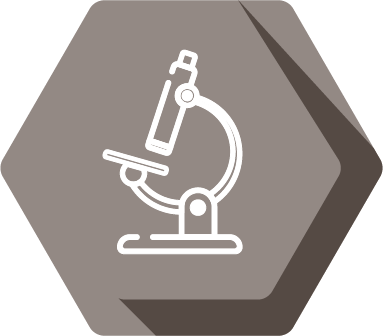Julianna Caton

Pronouns: she/her
Research Mentor(s): Joseph Decker, Assistant Research Scientist
Research Mentor School/College/Department: Biomedical Engineering, College of Engineering
Presentation Date: Thursday, April 22, 2021
Session: Session 4 (2pm-2:50pm)
Breakout Room: Room 17
Presenter: 3
Abstract
CAR T cell cancer therapy is a new, promising treatment that offers an alternative to the existing methods of fighting cancer, such as chemotherapy and radiation therapy. However, at present it is primarily useful in counteracting blood cancers like leukemia, and is far less effective on solid tumors. To circumvent this issue, sc-RNAseq data from triple-negative breast cancer (TNBC) patients was analyzed using bioinformatic techniques in R to identify adjuvant targets. Cells were clustered into groups using genetic markers, allowing for survival analysis on certain genes to predict which pathways were associated with improved patient recovery. Once identified, these genes will be tested in vitro, using CAR T cells to record cessation of cancer cells with and without these pathways enabled. Such findings have the potential to have a significant impact on the field of cancer therapy, as they offer a treatment to tumors such as TNBC that have previously been difficult, if not impossible, to successfully treat.
Authors: Joseph Decker
Research Method: Laboratory Research





